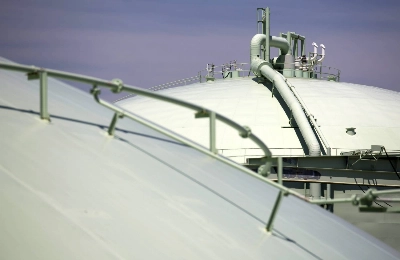Standard & Poor's has cut the nation's long-term credit rating one level to A+, saying it sees little chance of the government's current strategy accelerating growth and inflation over the next few years.
The downgrade, announced Wednesday, came just a day after the Bank of Japan refrained from boosting record asset purchases, betting there will be a resumption in growth and inflation.
That has left the onus on Prime Minister Shinzo Abe and his Cabinet to consider a fiscal stimulus package to boost what evidence indicates is a lackluster recovery in the second half of the year so far.
















With your current subscription plan you can comment on stories. However, before writing your first comment, please create a display name in the Profile section of your subscriber account page.